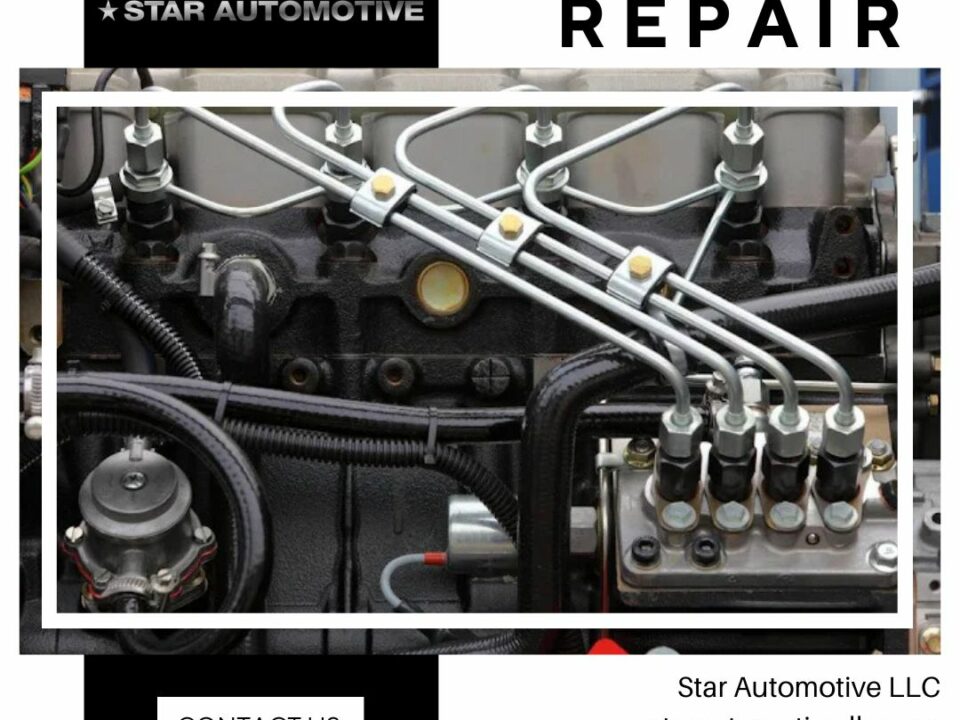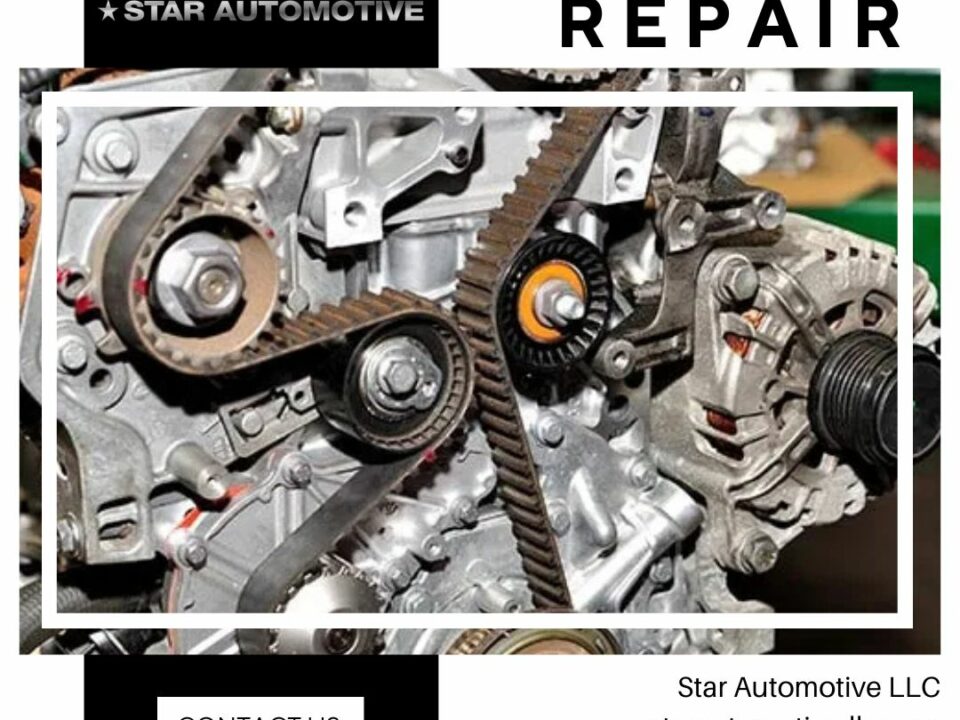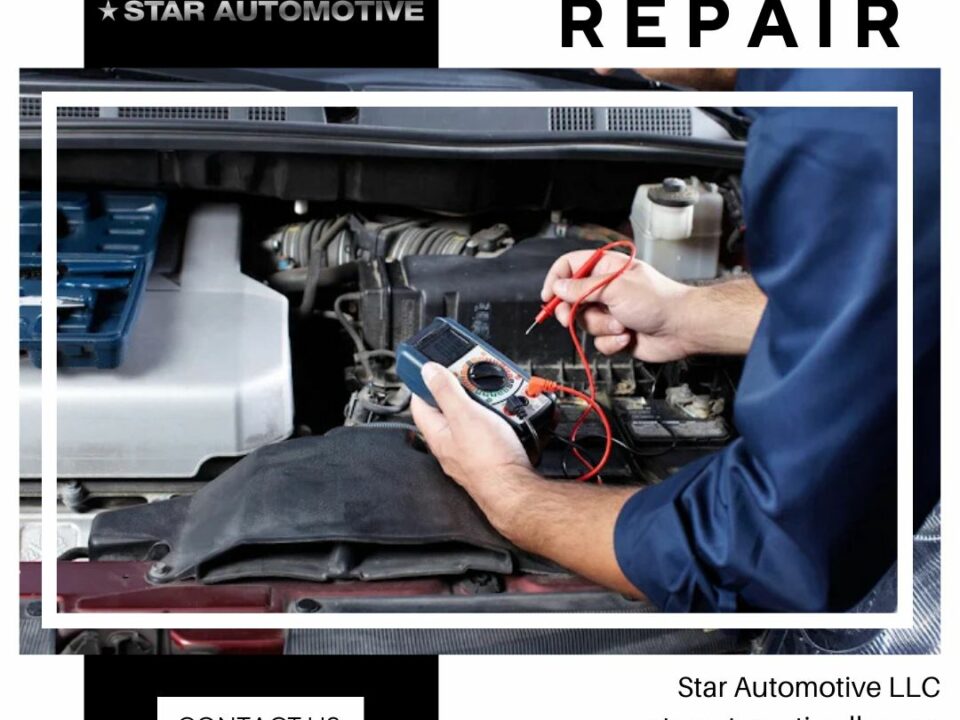
Car Repair for Beginners: A Guide to Keeping Your Vehicle in Top Shape
February 13, 2023
Brake Repair: Tips and Tricks for DIY Mechanics
March 3, 2023Maintaining and repairing your own car can be an incredibly satisfying and cost-effective experience. With a few tools, some basic knowledge, and a bit of patience, you can tackle a wide range of repairs and maintenance tasks yourself. In this complete car repair handbook, we’ll cover some of the most useful tips and tricks from the pros to help you get started.
- Keep a basic toolkit in your car
The first step to being able to make repairs on the go is to have the right tools. A basic toolkit should include pliers, screwdrivers, a socket set, a wrench set, and a set of jump cables. Having these tools in your car will allow you to make basic repairs and tackle emergency situations while you’re on the road.
- Know when to do it yourself and when to seek professional help
While there are many repairs that you can tackle yourself, there are also some that are best left to the professionals. If you’re unsure about a repair, consult your car’s owner’s manual or a trusted mechanic. If a repair requires specialized tools or knowledge, it’s best to seek professional help.
- Check your tire pressure regularly
Proper tire pressure is essential for ensuring the safety and efficiency of your car. Regularly check your tire pressure with a tire gauge and adjust it as necessary to the manufacturer’s recommended levels. Underinflated tires can increase fuel consumption, decrease stability, and cause uneven wear.
- Change your oil and oil filter regularly
Regular oil changes are crucial for keeping your car running smoothly. Most car manufacturers recommend changing your oil every 3,000 to 5,000 miles, but it’s always best to check your owner’s manual for the manufacturer’s specific recommendations. When changing your oil, be sure to also change the oil filter.
- Check your brakes regularly
Your brakes are the most important safety feature on your car, so it’s essential to make sure they’re in good working order. Regularly check your brake pads for wear and replace them when necessary. If you hear any strange noises or feel any vibration when braking, have a professional inspect your brakes.
- Keep your battery clean and tight
A dirty battery can cause a decrease in performance and even lead to failure. Regularly clean the battery terminals and cable connections with a wire brush and baking soda. Make sure the battery is secure and tight in its hold down, as a loose battery can cause damage to the terminals.
- Check your fluids regularly
Regularly check the levels of your car’s vital fluids, including engine oil, coolant, transmission fluid, power steering fluid, and brake fluid. Low fluid levels can cause damage to your car’s components, so it’s essential to keep them at the correct levels.
- Get to know your car’s warning lights
Your car’s warning lights are there to let you know when something is wrong. Get to know the different warning lights and what they mean, so you can quickly identify and address any potential problems.
In conclusion, maintaining and repairing your own car can be a great way to save money and gain a deeper understanding of how your car works. With these tips and tricks from the pros, you’ll be able to tackle a wide range of repairs and maintenance tasks with confidence. Remember, if you’re ever unsure about a repair, it’s always best to consult a professional.




